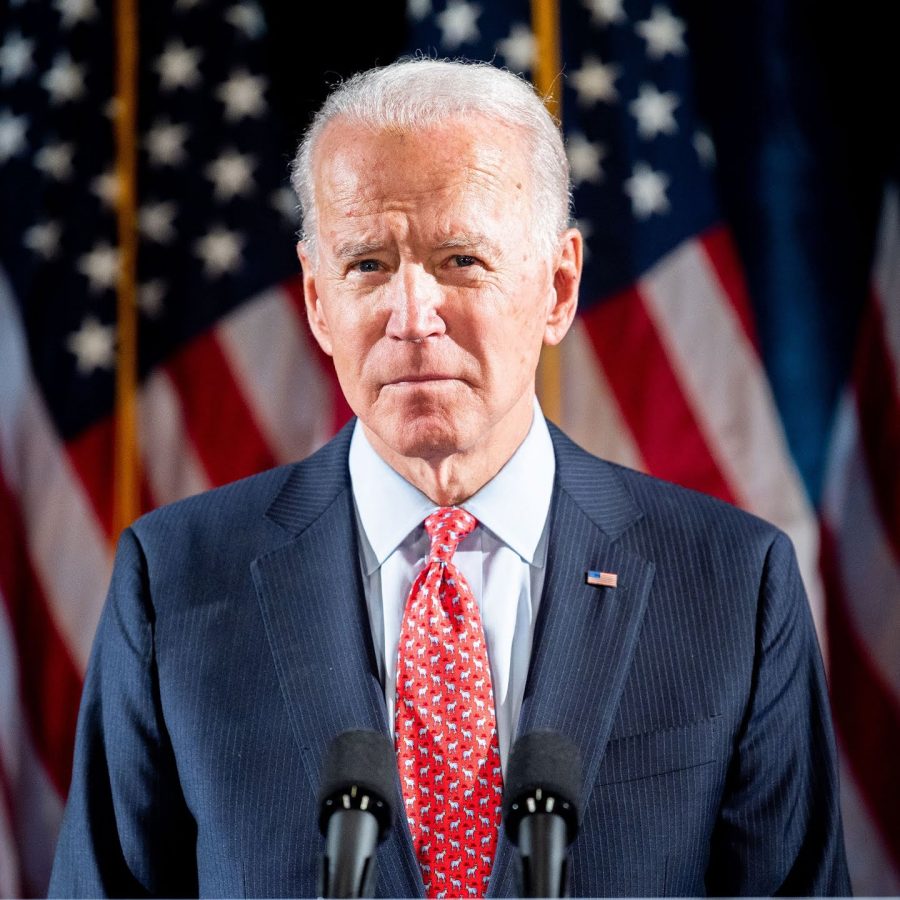Democrats fight back at Biden administration’s dismissal of cannabis’-using employees, signaling investing risks
A new report suggests that a cannabis company investment could damage a person’s ability to work under President Joe Biden.
Reporters from online news outlet Politico managed to get their hands on a detailed document outlining the Biden Administration’s newly imposed employee conduct guidelines.
As per the report issued by Politico on Wednesday, March 2, the rules may “potentially deny security clearance to individuals who have invested in companies that are involved in the cannabis business.”
“Eligibility may be negatively impacted if an individual knowingly and directly invests in stocks or business ventures that specifically pertain to cannabis growers and retailers,” the document said. “Decisions to willfully invest in such activity could reflect questionable judgment and an unwillingness to comply with laws, rules, and regulations.”
In the past, the Biden administration has dealt with the subject of cannabis consumption among employees in a fairly relaxed manner.
“Biden White House has been more permissive than past administrations on past cannabis use,” a White House official was quoted as saying last year.
However, members of the White House reaffirmed their prohibitive stance to cannabis by firing staff for using the green plant in 2021.
Congressional Democrats sent letter to Biden following 2021 firings of White House staffers
A letter was recently reviewed by the Biden Administration after Democrats claimed to be feeling “dismayed to learn that several White House staffers were reportedly suspended, put on probation or asked to resign after honestly disclosing past cannabis use.”
In their written request, the Democrats ask the Biden Administration to clarify their employment suitability policies, banish past cannabis consumption as a potential disqualifier “and apply these policies with consistency and fairness.”
“Cannabis is legal for either medical or adult use in 36 states, with more than 50 percent of the adult population having used cannabis in their lifetimes,” they wrote.
As more voter initiatives take place, this figure is likely to rise across the nation. In 2021 alone, cannabis legalization bills were approved in five new states.
“The American people are demanding a change to punitive and harsh cannabis laws that have always been unequally applied,” the letter continued.
Biden Administration fought back against Democrats’ letter regarding 2021 firings of White House staffers
After Democrats pointed their fingers at the Biden Administration, its members releasing a public statement to CNBC. Based on the statement, “no staffers have been fired due to pot use from ‘years ago’ or from ‘casual or infrequent use’ in the past 12 months.”
Claims made by the Biden administration suggest that its newest policy “has allowed around a dozen White House staff to continue serving in the administration who would not have been permitted under prior administrations’ policies.”
“President Donald Trump’s White House, for instance, did not allow any past cannabis use over the prior year, and Obama’s required no pot use for the previous six months, according to the official,” CNBC publicly announced in response.
Polls indicate that most of the U.S. public backs cannabis reform. Nonetheless, Biden has long-maintained a stern stance in opposition of complete legalization. While he confirmed his support for decriminalization during the 2020 presidential campaign, he does not approve of legalizing the plant outright.
“Those in the upper ranks of your administration won’t face consequences for their cannabis use, and nor should they, but the same standard should be applied across the administration,” the letter said.
Interestingly, a poll released last year indicated that 62 percent of cannabis industry executives don’t think the current administration supports cannabis, whereas 41 percent believe that federal legalization is unlikely to happen for the next five years.








